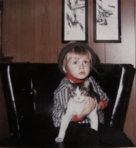 Legend has it that, as a child, I slept through a lot of my dad’s sermons. In fact, I can remember doing this. I’d curl up beside my mom on the padded pew and drift off into the deep slumber of an active preacher’s kid growing up at a camp, lulled by the rich and familiar tone of my dad’s stentorian voice.
Legend has it that, as a child, I slept through a lot of my dad’s sermons. In fact, I can remember doing this. I’d curl up beside my mom on the padded pew and drift off into the deep slumber of an active preacher’s kid growing up at a camp, lulled by the rich and familiar tone of my dad’s stentorian voice.
Even in my sleep I believe the structure of the sermons reached me on some level, as when I consider the way I construct my own essays today, I believe they are derived somewhat from the sermons my dad so eloquently delivered, speeches that were essentially essays themselves.
Dad had a great formula. He’d start on a personal level, relating an everyday down-to-earth anecdote to establish a bond with his listeners. Then he’d read a passage of scripture and do some analysis of it, bringing to bear on the text the words of contemporary scholars, professors and his own insights. To me as a child, this part seemed to go on and on.
But then came the part I liked best: some story or illustration that, at first, would seem completely out of the blue. When he’d start telling this story, some compelling, magical quality came into his voice that usually caused me to wake up to listen to it. I learned that the tale would have pertinence to the topic beyond all expectation. As the voice of Francis Ross Figart, Jr., built up into an insistent crescendo, it suddenly became clear to all that the point of this analogy was exactly what the scripture was saying.
I remember two such illustrations in particular: one about not judging and one about trust.
The first story was about how my dad went to the airport in Louisville in the late 60s to pick up a “summer missionary” from some other state who would be working with the small churches in Eastern Kentucky to help them run programs like Vacation Bible School. I think her plane was delayed and when he picked her up they basically had to drive directly to a church service up in the mountains.
When Dad met the young woman at the airport, he was startled to see that she was dressed impeccably from head to toe in an expensive white suit that was the fashion of the day. Dad worried on the way to the hollers whether this gal knew what she was getting into, and was concerned she might not be well suited to work with the people in the impoverished area they were driving to.
As they made their way up into the foothills of the Appalachians, it was evident that recent rains had brought flash flooding and creeks were running high. When they got to the small mountain mission, the people from the community were also arriving and a group of little children were playing in the churchyard.
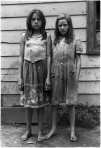 Unlike the new summer missionary, these kids weren’t wearing their Sunday best. Families in that area often did not have running water, kids were usually covered in coal dust, and in fact, Dad said, they had gotten pretty muddy playing on the soggy grounds of the tiny church.
Unlike the new summer missionary, these kids weren’t wearing their Sunday best. Families in that area often did not have running water, kids were usually covered in coal dust, and in fact, Dad said, they had gotten pretty muddy playing on the soggy grounds of the tiny church.
Dad held his breath and watched as this woman who was dressed so impeccably got out of the station wagon, and immediately went toward the little kids, getting down on her knees to greet them with hugs and smiles. They instantly loved her because she talked differently and was so beautiful and interesting. She paid not one bit of attention to her attire, nor did the kids, and she turned out to be the best person for the job he could have ever imagined.
 The other story was set on the campus of Kentucky’s Georgetown College, my dad’s alma mater where he was number one dude on the debate team. One of his good friends was a fellow student who, if my memory serves, was named Ernie. The fact that Ernie was completely blind didn’t prevent him from being totally self-sufficient. He walked all over campus by himself because he had learned where everything was; he didn’t let his disability slow him down.
The other story was set on the campus of Kentucky’s Georgetown College, my dad’s alma mater where he was number one dude on the debate team. One of his good friends was a fellow student who, if my memory serves, was named Ernie. The fact that Ernie was completely blind didn’t prevent him from being totally self-sufficient. He walked all over campus by himself because he had learned where everything was; he didn’t let his disability slow him down.
One fall, Dad had just arrived back on campus to go through registration for the new semester. He was walking out of the admissions building and looked across the quad and saw Ernie, striding rapidly as usual across the courtyard. At the same instant that he saw Ernie, Dad also noticed that during the summer break some construction had begun on the main campus thoroughfare: where normally there had been a sidewalk, now there was a gaping pit, taller than a person. Ernie was confidently pacing right toward that huge hole!
 Ernie was pretty far across the campus, but my dad had this booming voice that those who knew him distinctly remember. He called out the command: “Ernie, STOP!” And as Dad’s voice echoed across the quad, just one step before disaster, Ernie did. He recognized the deep voice of his friend, trusted it, and obeyed. Dad went running over to Ernie to explain, and the two had a good laugh.
Ernie was pretty far across the campus, but my dad had this booming voice that those who knew him distinctly remember. He called out the command: “Ernie, STOP!” And as Dad’s voice echoed across the quad, just one step before disaster, Ernie did. He recognized the deep voice of his friend, trusted it, and obeyed. Dad went running over to Ernie to explain, and the two had a good laugh.
Just before my mom died, she and I talked about these illustrations and she remembered them too. Maybe she recalled the details a little differently than I do – and even knew the scripture that went with them – but that doesn’t matter to me. What matters is, the messages behind these modern day parables got through – to both of us.
My turn to pull it all together.
One of the big reasons I came to Western North Carolina has to do with the adage of not judging a book by its cover. Here in Asheville, it’s common to see stereotypes of dress defied; often the person in a crowd who most resembles a homeless vagrant may be the one who has the most money; I have seen it over and over again in the retail store where I work. Conversely, it’s not unusual for those who appear in the most fashionable attire to be the nitty gritty, hard working volunteers who help needy animals and children with deep commitment. Grubby Appalachian Trail hikers walking into a mountain town may just as well be doctors or lawyers as students or “trustafarians.” I love being in an area that has this equalizing factor.
My dad would probably call it the voice of God, but I think of it as my intuition when something tells me I need to slow down lest I fail to notice a gaping hole in front of me. Whatever it is, when it says, “stop,” I trust and stop. And when it says, “go,” well, as Daddy would say, you better believe… I go!
Trusting that intuition once again as part of an almost two-year long transition to a new place and new life, I’ve become engaged to an amazing person who defies many stereotypes and possesses wisdom and balance that I haven’t encountered for about 22 years.
Dedicated to Ross Figart, Sept. 30, 1926-April 10, 1992.

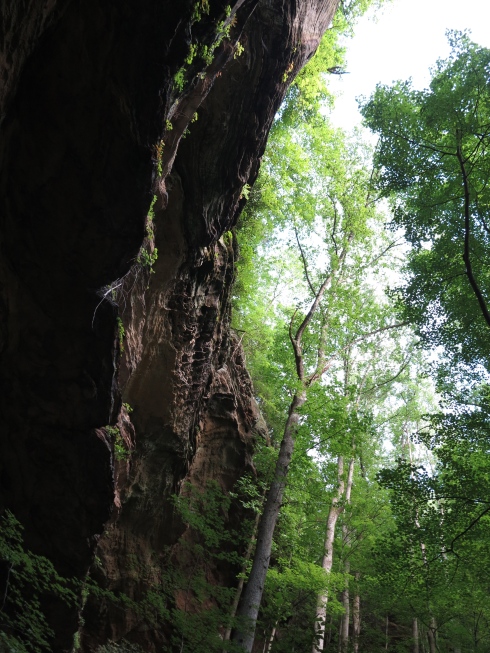
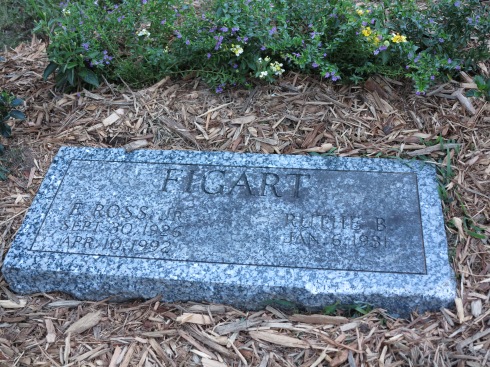

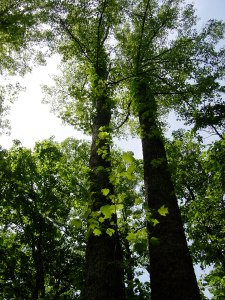











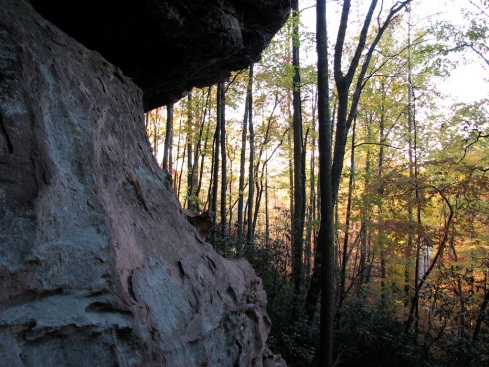
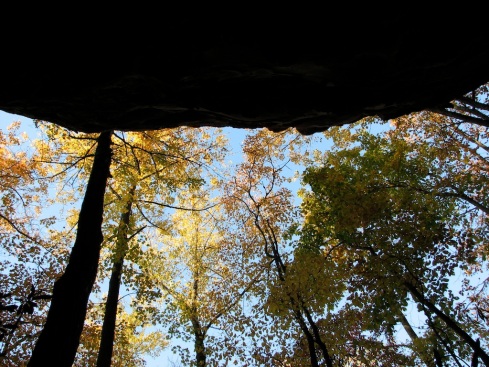



Recent Comments